The history of beer and recipe for it
84
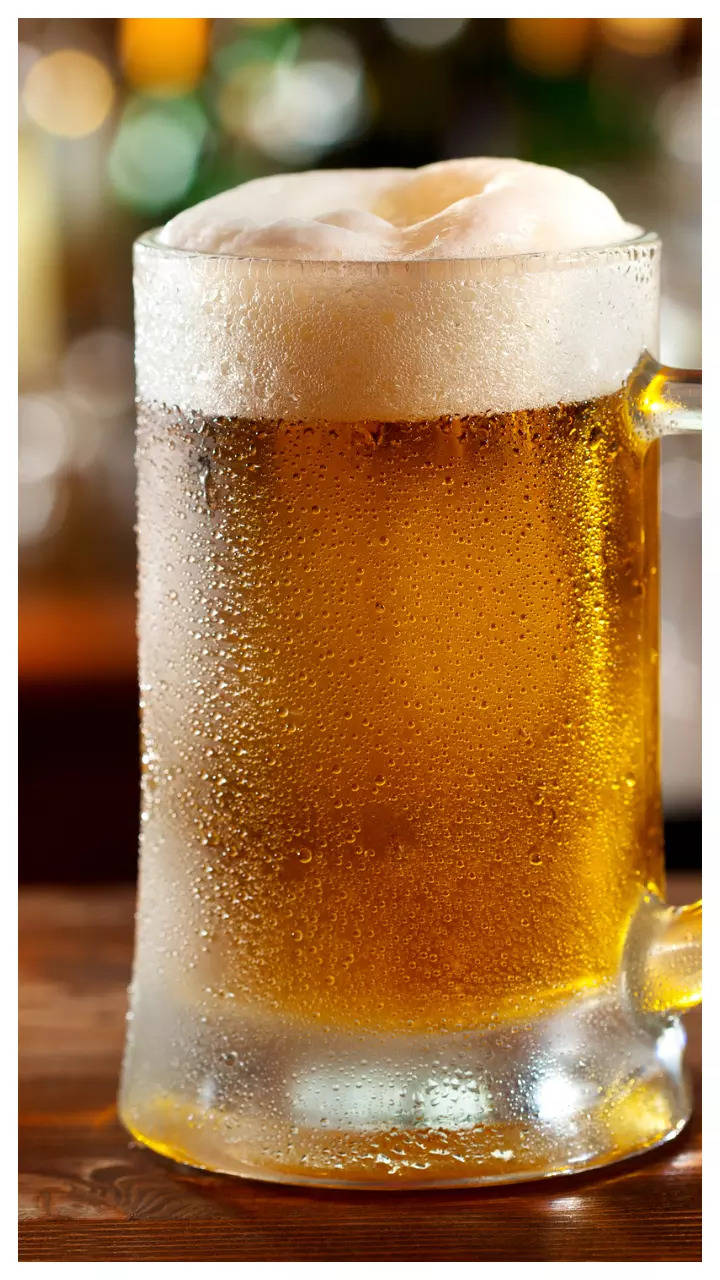
The history of beer dates back thousands of years, with evidence suggesting that it has been a part of human civilization since at least the fifth millennium BCE. Here is a brief overview of the history of beer:
- Ancient Beginnings (circa 4000 BCE):
- The earliest evidence of beer production comes from archaeological findings in what is now Iran, dating back to around 3400 BCE. Sumerians in Mesopotamia are also credited with early beer production.
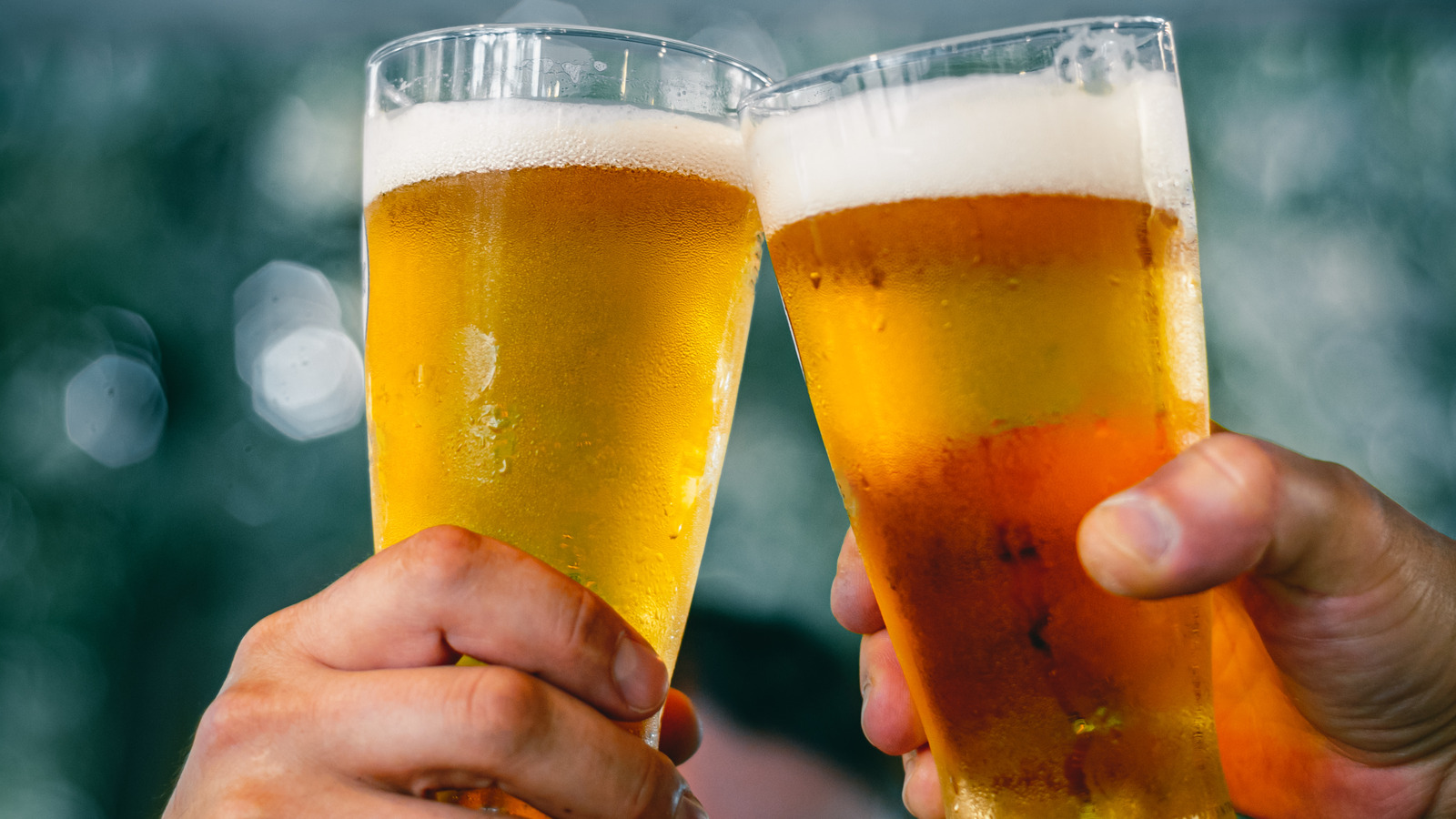
- Sumerians and Mesopotamia (circa 3000 BCE):
- The Sumerians are often considered the first true brewers. They had a goddess of beer, Ninkasi, and even had a hymn dedicated to the art of brewing.

- Ancient Egypt (circa 2000 BCE):
- Beer was a staple in the Egyptian diet and was consumed by people of all social classes. It was often used as a form of currency and was considered a dietary staple.

- Beer in Ancient China (circa 700 BCE):
- Archaeological evidence suggests that beer-like beverages were produced in ancient China around 700 BCE.
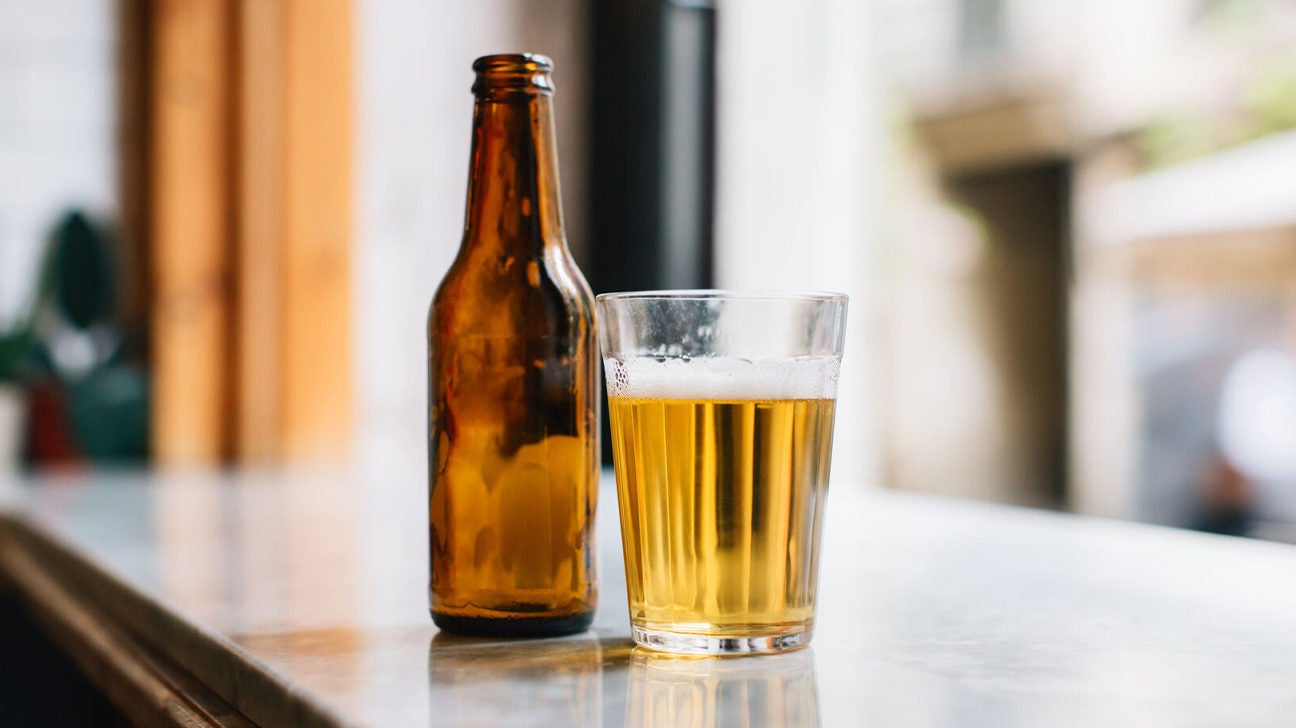
- Middle Ages and Monasteries (5th-15th centuries):
- Monasteries played a crucial role in brewing during the Middle Ages. Monks refined brewing techniques and produced beer on a larger scale. They also recorded recipes and brewing methods.
- Reinheitsgebot (Beer Purity Law) in Germany (1516):
- The German Beer Purity Law, known as Reinheitsgebot, was enacted in 1516 in the Duchy of Bavaria. It allowed only water, barley, and hops to be used in brewing beer (yeast was later added when its role in fermentation was discovered). This law had a lasting impact on the brewing industry.

- Industrial Revolution (18th-19th centuries):
- The Industrial Revolution brought significant advancements to brewing, such as the invention of the steam engine and the development of refrigeration, making large-scale production and distribution of beer more feasible.
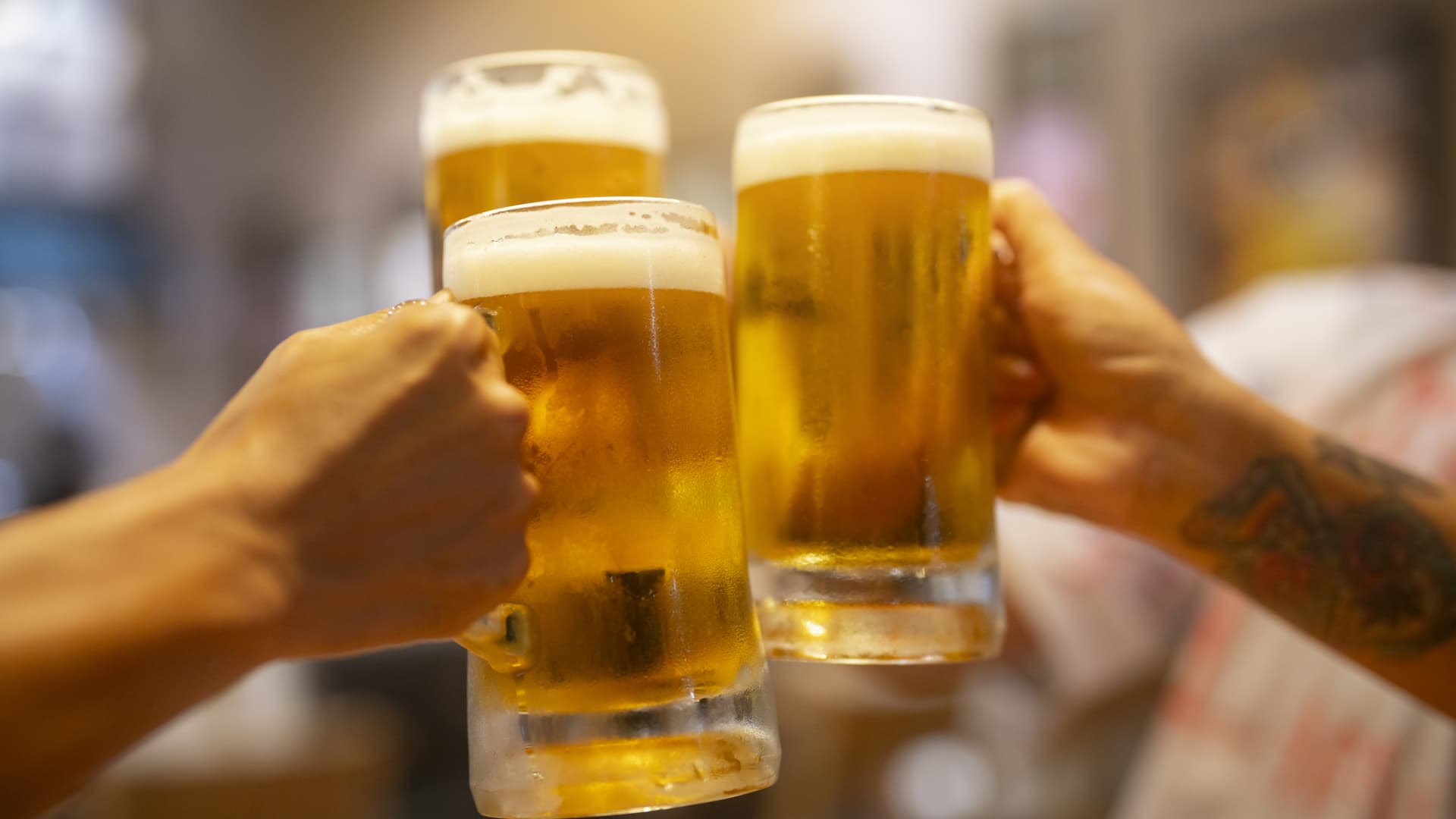
- Prohibition (1920-1933):
- In the United States, Prohibition led to the ban on the production, sale, and transportation of alcoholic beverages, including beer. Many breweries went out of business, but some survived by producing non-alcoholic products.
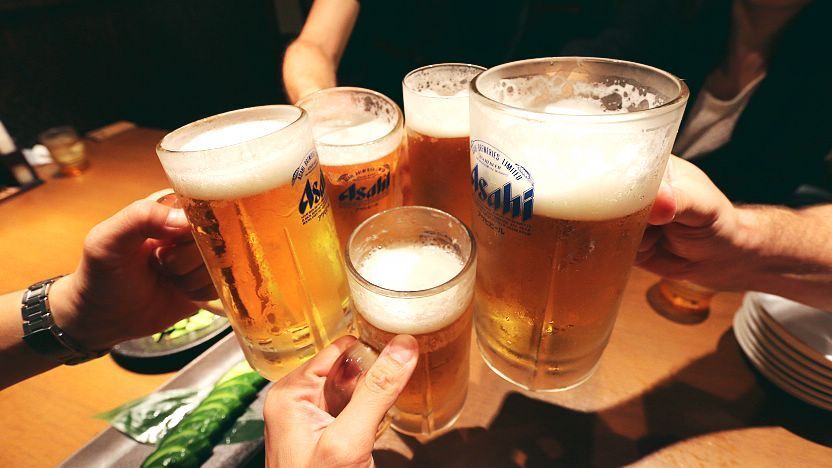
- Craft Beer Movement (late 20th century):
- In the latter half of the 20th century, there was a resurgence of interest in craft and specialty beers. Microbreweries and craft breweries began to emerge, emphasizing unique flavors and traditional brewing methods.

- Modern Era:
- Today, the beer industry is diverse and global, with a wide range of styles, flavors, and brewing techniques. Craft breweries continue to flourish, and there is a growing interest in exploring traditional brewing methods, unique ingredients, and regional styles.
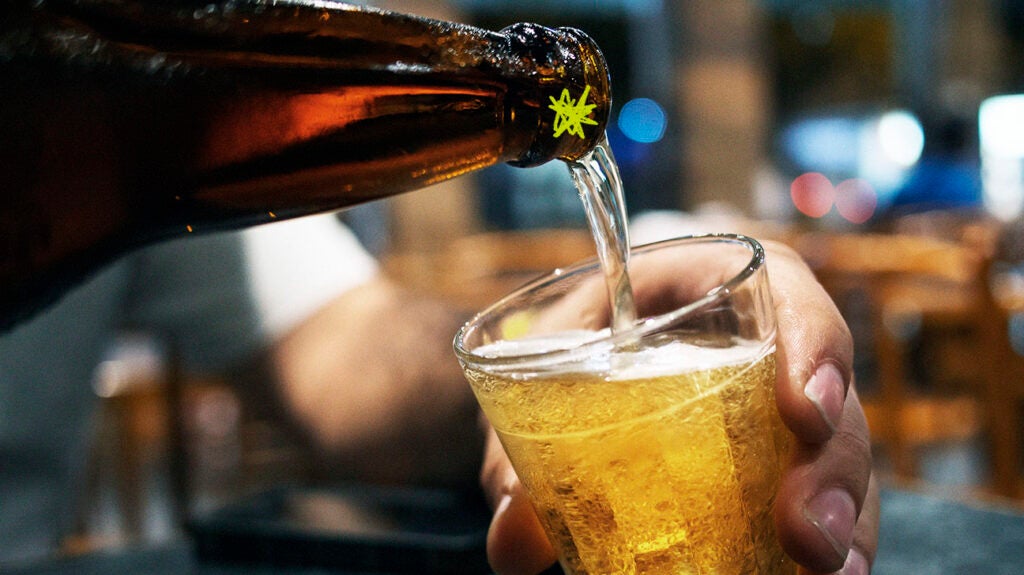
The history of beer is intertwined with human civilization, evolving from simple fermented beverages to a vast and diverse industry that is enjoyed worldwide.
Homebrewed Beer Recipe:
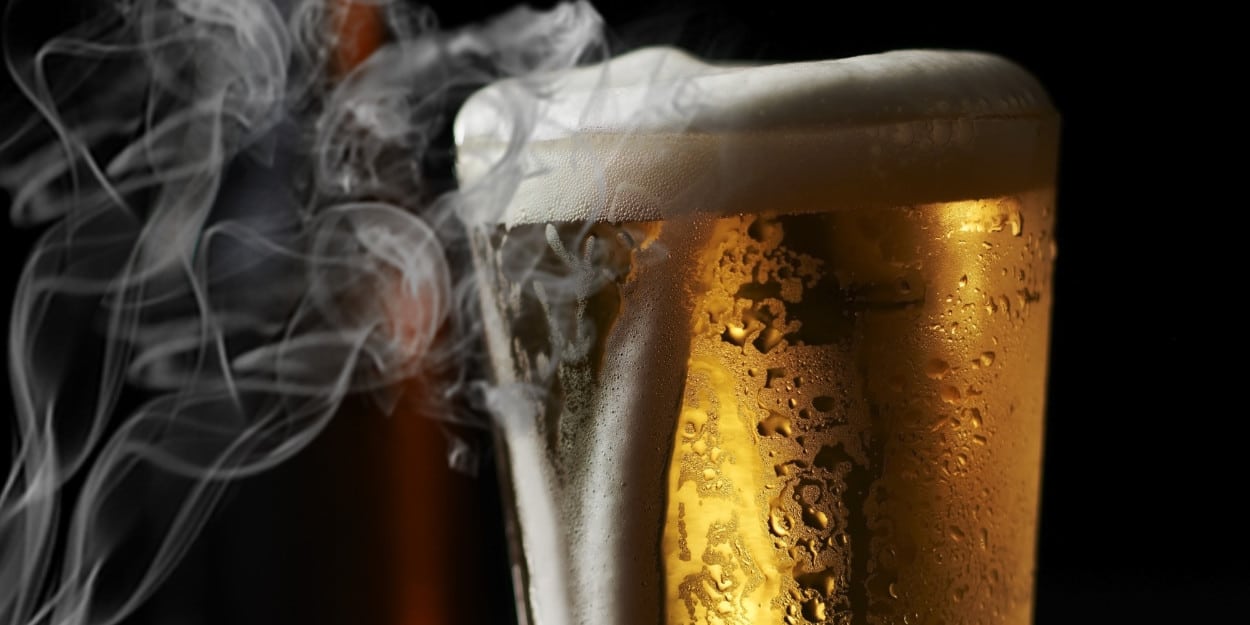
Ingredients:
- Fermentables:
- 6.6 lbs (3 kg) liquid malt extract (or equivalent dry malt extract)
- 1 lb (0.45 kg) specialty grains (such as crystal malt, for added flavor)
- Hops:
- 1 oz (28 g) bittering hops (e.g., Cascade, Centennial)
- 1 oz (28 g) flavor/aroma hops (e.g., Cascade, Saaz)
- Note: You can adjust the hop varieties and quantities based on your taste preferences.
- Yeast:
- 1 packet of ale yeast (e.g., Safale US-05, Wyeast 1056)
- Priming Sugar:
- 3/4 cup (150 g) priming sugar for bottling
- Water:
- Approximately 5 gallons (19 liters) of clean, chlorine-free water
Equipment Needed:
- Large brew kettle (at least 8-10 gallons)
- Fermentation vessel with airlock
- Racking cane and tubing
- Bottling bucket
- Bottles and caps
- Hydrometer (for measuring specific gravity)
- Thermometer
- Sanitizer for cleaning equipment
Instructions:
- Sanitize Equipment:
- Thoroughly clean and sanitize all your brewing equipment, including fermenters, airlocks, bottles, and any utensils that will come into contact with the beer.
- Steep Grains:
- Heat 2.5 gallons of water in your brew kettle. Add the specialty grains in a grain bag and steep them in the hot water for 20-30 minutes, maintaining a temperature around 150-160°F (65-71°C).
- Boil:
- Remove the grain bag and bring the water to a boil. Once boiling, remove the kettle from heat and add the malt extract, stirring to dissolve completely.
- Hop Additions:
- Return the kettle to heat, and once boiling, add the bittering hops. Boil for about 45 minutes, then add the flavor/aroma hops and continue boiling for an additional 15 minutes.
- Cool and Transfer:
- After the boil, cool the wort quickly by placing the kettle in an ice bath or using a wort chiller. Once cooled to around 70°F (21°C), transfer the wort to the fermenter.
- Aerate and Pitch Yeast:
- Aerate the wort by splashing or shaking the fermenter. Pitch the yeast into the wort, seal the fermenter with an airlock, and place it in a cool, dark area.
- Fermentation:
- Allow the beer to ferment for approximately 1-2 weeks or until fermentation activity has ceased. Check the specific gravity with a hydrometer to ensure fermentation is complete.
- Bottling:
- Transfer the beer to a bottling bucket, leaving sediment behind. Dissolve priming sugar in boiling water and add it to the beer. Bottle the beer and cap securely.
- Conditioning:
- Allow the beer to carbonate and condition in the bottles for at least two weeks at room temperature. After that, refrigerate the bottles before enjoying your homemade beer.
Remember, cleanliness and sanitation are crucial throughout the brewing process. Additionally, feel free to experiment with different hop varieties, specialty grains, or yeast strains to create unique flavors in your homemade beer.
Here are some beer recipe videos on youtube I highly recommend you to watch;
1) https://youtu.be/X2fx90Owjhc?si=BlFkBPl2X1xjxx1X
2) https://youtu.be/AVV3UJCFnA4?si=J4H4139VgRilRzGF
3) https://youtu.be/PXCAqcXKlzs?si=D06126kPWIK0P5xG
4) https://youtu.be/g929Mvidtuk?si=8WLt0TJnHrUVW_6i
5) https://youtu.be/IqVAimaheKo?si=_i70y4r_kLemQBW4
6) https://youtu.be/T1l1oCyCZKo?si=sn62jCbO0ZjAxrXb
7) https://youtu.be/LqPko6a3Wh4?si=izYJ1QXqIbVjBhs-
8) https://youtu.be/qCW-SVPCw4Y?si=d-UDKHlXwZUqfvMP

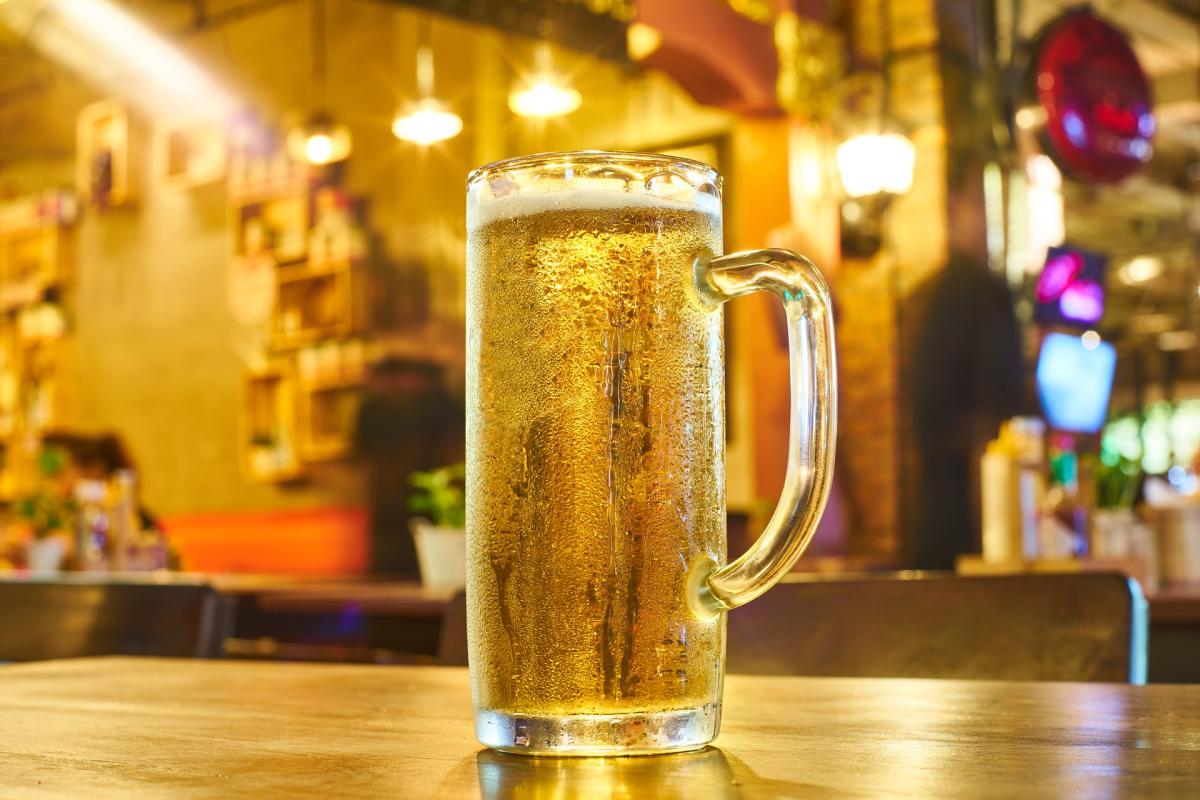
![[LIVE] Engage2Earn: auspol follower rush](https://cdn.bulbapp.io/frontend/images/c1a761de-5ce9-4e9b-b5b3-dc009e60bfa8/1)






















































